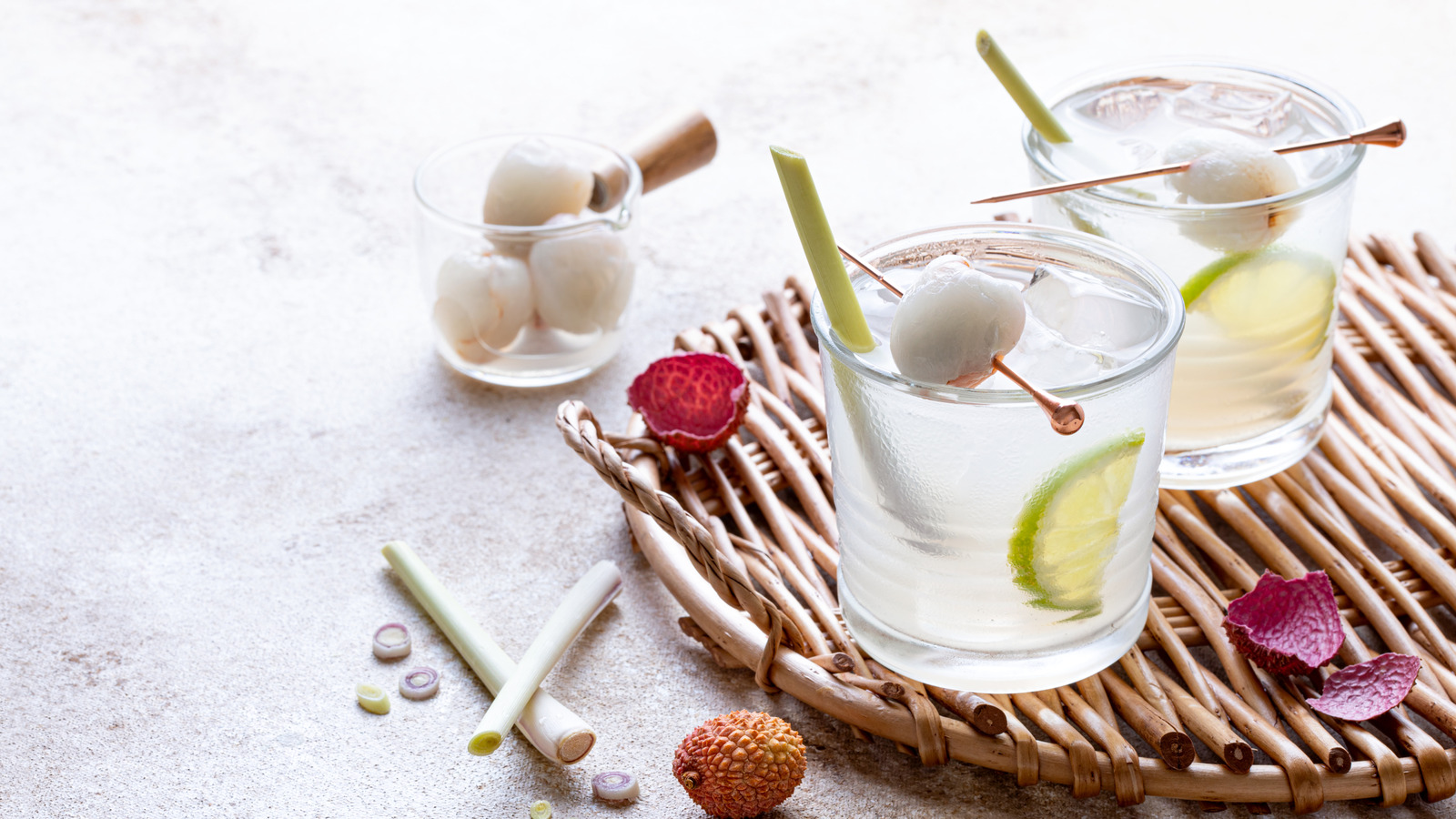
"The taste of lemongrass is a unique one. Although it is certainly reminiscent of the lemon it's named for, it's much more complex than that, with earthy, herbal notes and an almost floral aroma. While you've most likely come across recipes that involve cooking with lemongrass in dishes like stir fries or curries, its complex flavor also makes this herb a favorite among mixologists when incorporated correctly."
"Lemongrass will pair with true citrus like lime and yuzu, herbal flavors like mint or basil, and warm spices like ginger and chili. When it comes to adding the ingredient to cocktails, however, there's some preparation involved. Lemongrass stems are tough and woody, so it's not a matter of simply juicing or throwing stalks in the blender as you might with fruit or other fresh herbs."
"Infusing is the best technique to use when a cocktail relies on just a few simple ingredients, or where the flavor of the alcohol itself is important - think: a gin martini or a vodka soda. It's also your best option if you want to add flavor to a drink without adding any kind of sweetness or changing the texture of cocktail, which is often the case with puréed fruit."
Lemongrass offers a complex flavor profile that combines lemon-like acidity with earthy, herbal notes and a floral aroma. It complements true citrus such as lime and yuzu, fresh herbs like mint or basil, and warm spices including ginger and chili. Stems are tough and woody, so they require preparation rather than simple juicing or blending. Infusing spirits preserves alcohol texture and avoids adding sweetness, ideal for simple cocktails where spirit character matters. Suitable bases include vodka for neutrality, white rum for tropical emphasis, and gin to enhance botanical notes. Infusion requires slicing stalks and steeping them submerged for 24 hours to two weeks, then straining.
Read at Tasting Table
Unable to calculate read time
Collection
[
|
...
]